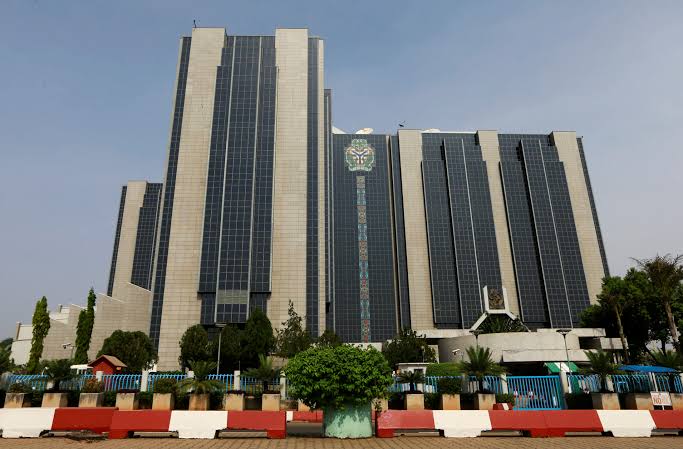
In an interactive session with the National Assembly joint committee, Governor of the Central Bank of Nigeria, Yemi Cardoso, disclosed that Nigeria is expected to earn less from oil exports in 2024 due to a production limit set at 1.78 million barrels per day in the 2024 budget assumption.
Despite an OPEC-approved quota of 1.8 million barrels per day, Nigeria’s production has consistently fallen below the threshold.
“We expect less revenue from oil exports due to the production limit of 1.78 Mbps in 2024,” Cardoso stated.
Cardoso attributed the underperformance to challenges such as crude oil theft, pipeline vandalization, production shut-ins, and divestments by major oil companies.
In the 2023 budget, the oil production benchmark was 1.69 million bpd, but Nigeria’s highest production level reached only 1.35 mbpd in the third quarter of 2023.
Despite the oil revenue setback, Cardoso expressed optimism about the domestic economy in 2024. He highlighted that both inflation and exchange rates are expected to withstand fluctuating pressures and stabilize.
READ MORE: APC Contemplating Impeachment Proceedings Against Governor Fubara
“The outlook for the domestic economy remains positive and is expected to maintain a positive trajectory for 2024. Inflation pressures may persist in the short term but are expected to decline in 2024. Exchange rate pressures are also expected to reduce significantly with the smooth functioning of the foreign exchange market,” he said.
The unification of exchange rate windows in June 2023 was emphasized as a positive move, aiming to reduce arbitrage, rent-seeking behavior, and speculation in the foreign exchange market.
“The policy aims at creating a market where the demand and supply of foreign exchange determines the exchange rate,” he disclosed.
“The premium has narrowed and our focus on increasing the autonomous FX supply would lead to more stability and further narrowing of the premium.”
Highlighting trade statistics, Cardoso noted that, “Total Trade in the third quarter of 2023 stood at N18.804.68billion. Exports were valued at N10.346.60 billion while total imports stood at N8.457.68 billion. This represents a positive trade balance, which would lead to an increase of the external reserves,” he added.








Leave a Reply